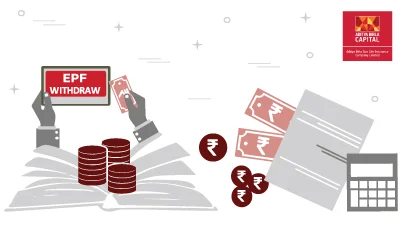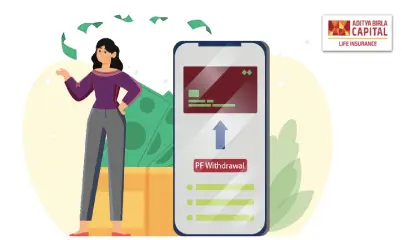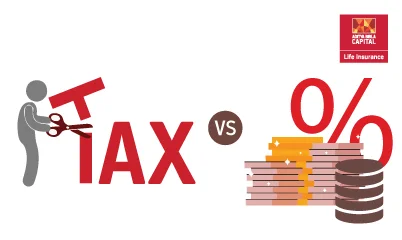How to Calculate Tax on LTCG from the Sale of Gold


Get Guaranteed Returns After a Month^
Unlock the Power of Smart Investment!


-
 Table of Contents
Table of Contents- What is CGT or Capital Gains Tax?
- Capital Gains Tax Types
- What Amounts Are Considered Long-Term Capital Increases?
- How Can LTCG Tax Be Calculated from The Sale Of Gold?
- Tax on LTCG from Gold Sales
- Exemptions from LTCG Tax on Gold Sale Proceeds
- The Requirements for Inherited Securities
- ITR Disclosure of Capital Gains
- Conclusion
- FAQs
What is CGT or Capital Gains Tax?
Capital Gains Tax Types
What Amounts Are Considered Long-Term Capital Increases?
The concept states that assets that provide returns over one to three years might be considered long-term capital gains tax when determining what is deemed a drawn-out capital increase.
This assumes that a person has owned an enterprise for a significant amount of time before relocating it, in which case the earnings from the business at the time of the relocation will be seen as a protracted capital increase. The following list includes some investments that may result in long-term capital increases.
How Can LTCG Tax Be Calculated from The Sale Of Gold?
Tax on LTCG from Gold Sales
Exemptions from LTCG Tax on Gold Sale Proceeds
The Requirements for Inherited Securities
ITR Disclosure of Capital Gains
Conclusion
FAQs
About Author
-
Disclaimer
ABSLI DigiShield Plan. This is a non-linked non-participating individual pure risk premium life insurance plan; upon Policyholder’s selection of Plan Option 9 (Level Cover with Survival Benefit) and Plan Option 10 (Return of Premium [ROP]) this product shall be a non-linked non-participating individual life savings insurance plan. UIN: 109N108V11
^ ABSLI DigiShield Plan scenario: Female, non smoker, Age: 21 years, level Term Insurance, Premium paying Term: regular pay, policy term: 25 years, Pay frequency: Annual Premium of Rs. 6500/12 months (on average Rs. 542/month) Exclusive of GST (offline premium).
~ Our life insurance policies cover COVID -19 claims under life insurance claims, subject to applicable terms & conditions of policy contract and extant regulatory framework.
ADV/10/22-23/1895
Subscribe to our Newsletter
Get the latest product updates, company news, and special offers delivered right to your inbox
Thank you for Subscribing
Stay connected for tips on insurance and investments

 Home Loans
Home Loans
 Personal
Loans
Personal
Loans
 SME Loans
SME Loans
 Business Loans - Udyog
Plus
Business Loans - Udyog
Plus
 Loan against Securities
Loan against Securities
 Mutual Funds
Mutual Funds
 Stock and
Securities
Stock and
Securities
 Portfolio
Management Services
Portfolio
Management Services
 Pension Funds
Pension Funds
 Life
Insurance
Life
Insurance
 Health
Insurance
Health
Insurance
 Wellness
Solutions
Wellness
Solutions
 Pay Bills
Pay Bills
 Pay anyone
Pay anyone
 Pay on call
Pay on call
 Payment
Lounge
Payment
Lounge
 ABC Credit
Cards
ABC Credit
Cards

 1800-270-7000
1800-270-7000









